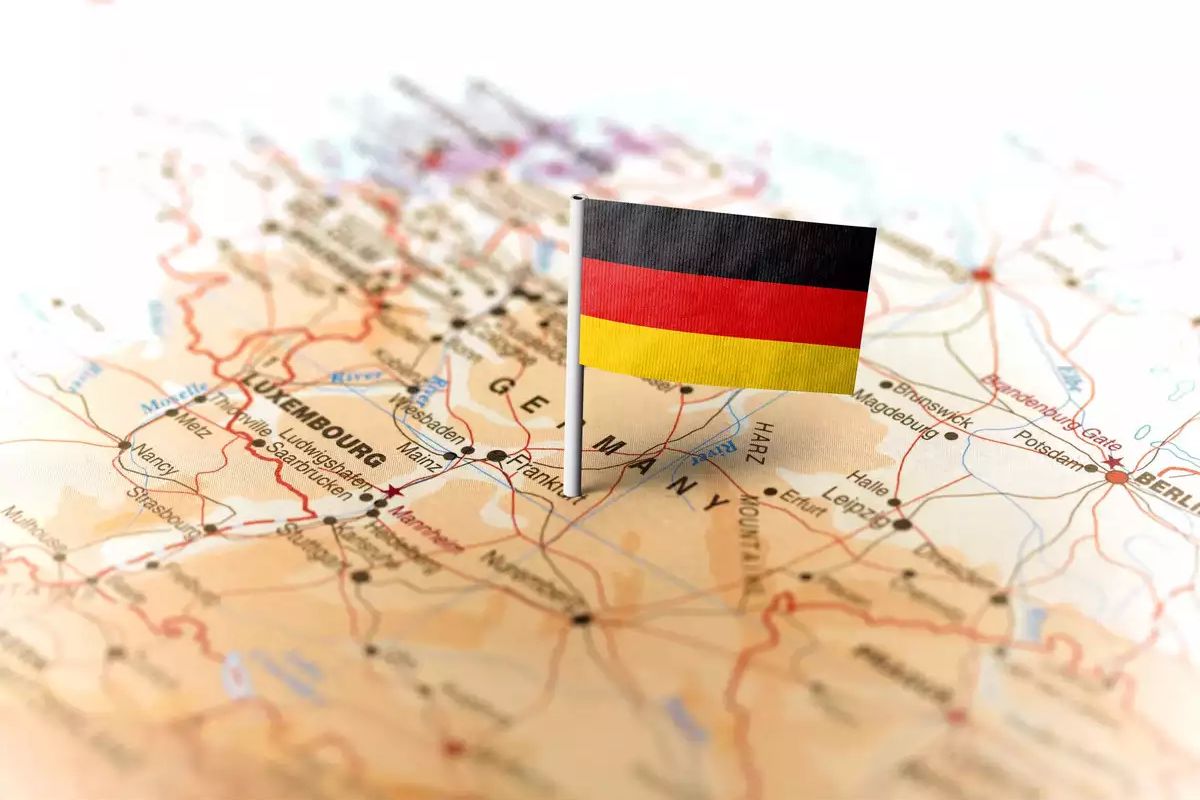In response to a severe shortage of skilled workers across various sectors, Germany has made significant changes to its immigration policies. The revamped Skilled Immigration Act, passed by the Bundestag in the summer, aims to streamline the entry of skilled workers from non-European Union countries into the German labour market.
The newly enacted Skilled Immigration Act, which came into effect on November 18, 2023, introduces a series of changes aimed at attracting top talent from diverse backgrounds and streamlining the immigration process.
Key Highlights of the Revised Skilled Immigration Act
1. Expanded Eligibility for EU Blue Card

The coveted EU Blue Card, previously restricted to highly qualified academic professionals, is now accessible to a wider range of skilled workers, including those with IT and technology expertise, medical professionals, and those in contractor fields.
The annual salary threshold for EU Blue Card holders has also been lowered, making it easier for individuals in entry-level and in-demand positions to qualify.
2. Enhanced Recognition of Foreign Qualifications
The German government recognizes the value of international qualifications and has simplified the process for foreign workers to recognise their credentials.
Experienced skilled workers with qualifications already recognized in their home countries and two years of relevant professional experience will no longer need to undergo additional certification in Germany.
Also Read: Germany’s Labor Shortage: 20 Jobs That Will Qualify You for a Work Visa
3. Introduction of Opportunity Card
To facilitate job search and integration, the Skilled Immigration Act introduces the “Opportunity Card,” a points-based system that allows qualified individuals to come to Germany for up to a year to seek employment.
Candidates must demonstrate financial independence and meet specific language proficiency requirements, varying depending on their educational background.
4. Accelerated Approval Process for Skilled Workers
The Federal Employment Agency has been tasked with streamlining the approval process for prospective foreign workers, ensuring quicker and more efficient entry into the German labour market.
This includes reducing unnecessary paperwork and prioritizing applications from individuals with in-demand skills.
5. Streamlined Family Reunification Procedures
The process of bringing family members to Germany has also been simplified. Skilled workers will no longer need to prove that they have sufficient living space to accommodate their families, focusing instead on demonstrating their ability to provide financial support.
Additionally, spouses and underage children of skilled workers will be granted immediate access to the German labour market.
Impact on Germany’s Labor Market and Economy

The revised Skilled Immigration Act is expected to have a significant positive impact on Germany’s labour market and economy. By attracting skilled workers from around the world, Germany can address its labour shortages, particularly in critical sectors such as IT, healthcare, and engineering.
This influx of talent will boost productivity, innovation, and economic growth, strengthening Germany’s position as a global leader in various industries.
Germany’s Commitment to Welcoming Skilled Workers
Germany’s efforts to attract skilled workers reflect its recognition of the crucial role that immigration plays in sustaining its economic competitiveness.
By implementing these changes, Germany is demonstrating its commitment to creating a welcoming environment for talented individuals from diverse backgrounds, fostering a vibrant and inclusive workforce that will drive the country’s future success.
Follow and connect with us on Facebook, Twitter, LinkedIn, Instagram and Google News for the latest travel news and updates!





